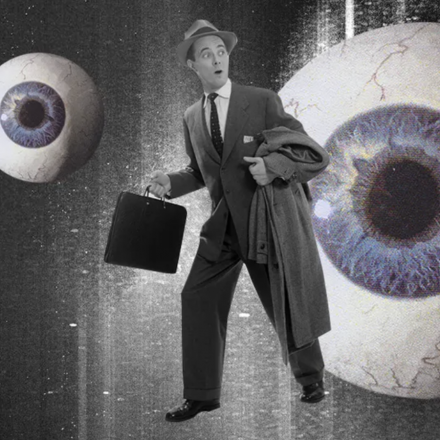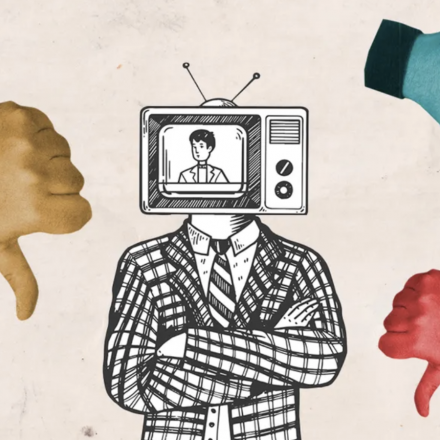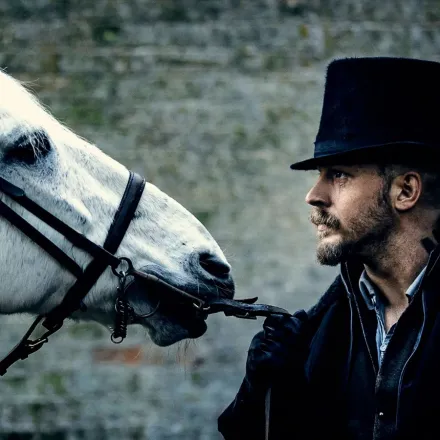At the core of my life is this sense of lack. This feeling that something is missing, and it's so hard to endure for long periods. I’m unsure why it’s so difficult to resolve this lack or if the nature of my attempts at resolution is fundamentally misguided.
Joy is something I find very hard to experience. I convince myself that being happy is not a good thing and that only through pain and suffering can I reach a place where I’m satisfied with my life. In my journaling session this morning, I wrote to myself, “Joy can be warrior-like too,” which stemmed from the realization that everyone has different temperaments, and what is easy for one person can be difficult for another.
For someone who is highly ambitious and always serious, cultivating joy might be the most challenging growth edge, whereas for someone who loves to have fun 24/7, focusing on ambition and seriousness might be the hardest edge. It entirely depends on the person.
As Pema Chodron says, start with hopelessness. Accept that you’re a mess and then get curious about the nature of that mess. Instead of immediately falling into our destructive patterns, we can pause enough to notice how we react. Loneliness is the highest virtue. Being lonely IS the work. We must sit with the feeling long enough for it to teach us the lessons we need to learn. Being mindful and present with the pain will be more productive in the long run than seeking comfort.
Self-respect means not judging our experiences. It means being with the depths of pain and understanding that this does not reflect on our core wholeness as human beings. No matter how intense the pain, we are never incomplete. Wholeness is our birthright. Experiencing suffering doesn’t mean something is wrong. This is what I’ve been trying to internalize recently.
Then there’s frustration. The constant frustration that I’m not showing up the way I want to. That I’m not courageous enough or not living the life I want.
I see so many incredibly inspiring pieces of content online and compare them with my newsletters and podcasts, and I become frustrated with myself. Despite this frustration, I’ve committed to continuing to struggle until I learn what I need to. Yet, as I write this commitment, doubt rushes back in, creating narratives that say I’m doing it wrong. Thinking that I might be committing to the wrong thing. Maybe I’m not supposed to be doing this.
Then annoyance and anger pile on top as I become upset not only with myself but also with those around me because I know deep down that we could all be showing up in healthier and wiser ways.
Then I remind myself that I’m only human. Anger and annoyance are natural parts of the human experience, and there is no way around it. The courage to share these thoughts is something I’m mustering with every ounce of my being right now.
As I continue writing these newsletters and recording podcasts, I am increasingly aware of how many of us, including myself, are trapped in echo chambers. It has become evident to me that relying solely on platforms like TikTok, Instagram, and YouTube for information makes it nearly impossible to avoid falling into an echo chamber. I stand firmly by this belief.
Nevertheless, it is crucial for us to actively break free from these echo chambers. Just as you can go to the gym to shape your body, you can also engage with more substantial and weightier forms of information, such as books and dense lectures, to diversify your intake. Whether you choose to watch TikToks or immerse yourself in profound lectures is entirely up to you, but transitioning from consuming 90% TikToks to 90% lectures may require some effort and gradual adjustment.
You can consistently challenge yourself with more demanding information to improve the quality of your thinking.
Do I live what I preach? Hell no. The quality of my information consumption goes in phases. When I’m feeling good, I’ll watch lectures with enthusiasm. Other times, I’ll feel darker than a cave and will watch TikTok and IG Reels for hours every day. A true downward spiral, or as Vervaeke more academically calls it — parasitic processing.
A fundamental motivation behind crafting these newsletters is to gain clarity on what wise decision-making looks like. By articulating in simple terms the ways in which I get ensnared in echo chambers, I hope that in the future, when I find myself mindlessly scrolling through Instagram reels, I can quickly recognize the pattern and have the courage to alter course in that moment.
As I continually attempt to break my patterns, I’m noticing the guilt that accompanies it. The internal signals of my body that I used to listen to, I now have to ignore. When I feel guilt, I remind myself that what lies beneath it is fear, and that needs to be let go of. Growth is an incredibly complex process. It’s almost impossible to have certainty about our decisions. We’re all just feeling in the dark (or at least that’s how I’m experiencing it these days).
My entire existence feels like a constant battle against familiar patterns, driven by the hope of eventually encountering a fresh and enriching life experience. Although the change is slower than drying paint.


















